
Racial Justice
“From the rise of the black newspaper comic strips in the mid-century century to contemporary graphic novels about the black experience, comics’ narratives have touched on racial justice for decades.“
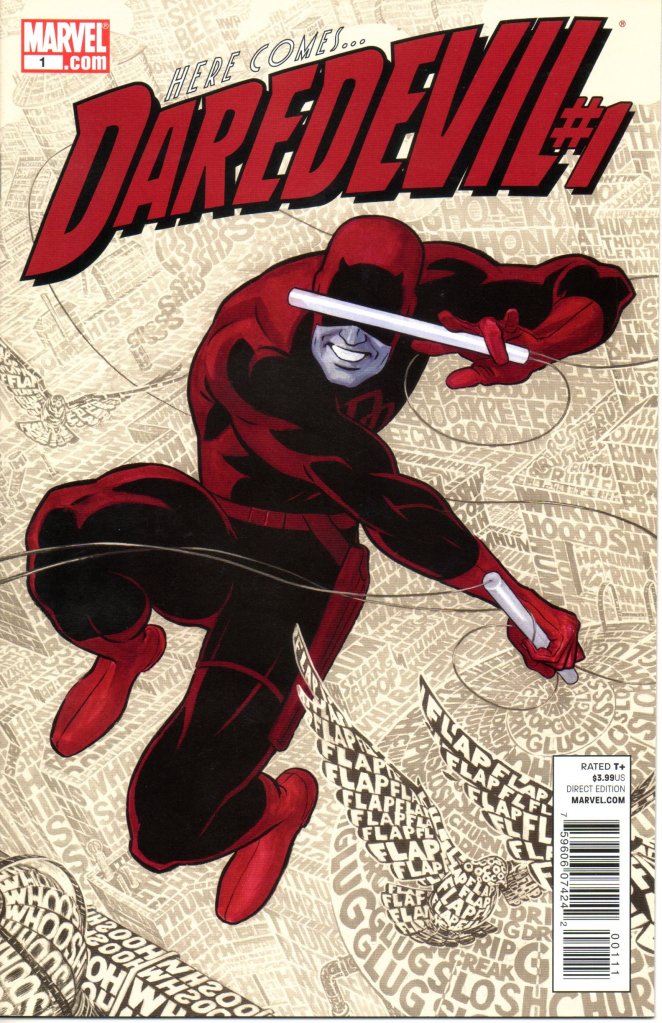
Disability
“As comics have a legacy of telling stories about the hope for the normalization and acceptance of those who are different, as well as their all too often frequent rejection by society, disability narratives have found a place within the pages of comics.”

Justice For All
“In his debut, Captain America punched Hitler, but a range of comic characters fought racism, scorned xenophobia, and challenged readers to live up to American ideals.”
Our traditional histories of graphic literature make clear that there have always been questions of community and culture linked to comics in the United States. The comic strip containing panels, word balloons, and recurring characters emerged in the 1890s, and with those characters came a humorous response to modernization, allowing readers to negotiate tension around changing social realities. The comic book built on the comic strip exploded in popularity with the emergence of the superhero in the 1930s.
From the outset, superheroes were grounded in New Deal’s concerns about the community and displayed a strong social justice message. Superman’s early adventures featured efforts to save the wrongly convicted and punished profiteering business people. As more characters emerged, they continued the pattern of engaging, often directly, with contemporary social and political concerns. In his debut, Captain America punched Hitler, but a range of comic characters fought racism, scorned xenophobia, and challenged readers to live up to American ideals. While we dismiss comics today, this exhibit highlights how a legacy of supporting equity and promoting tolerance continues to shape the medium.
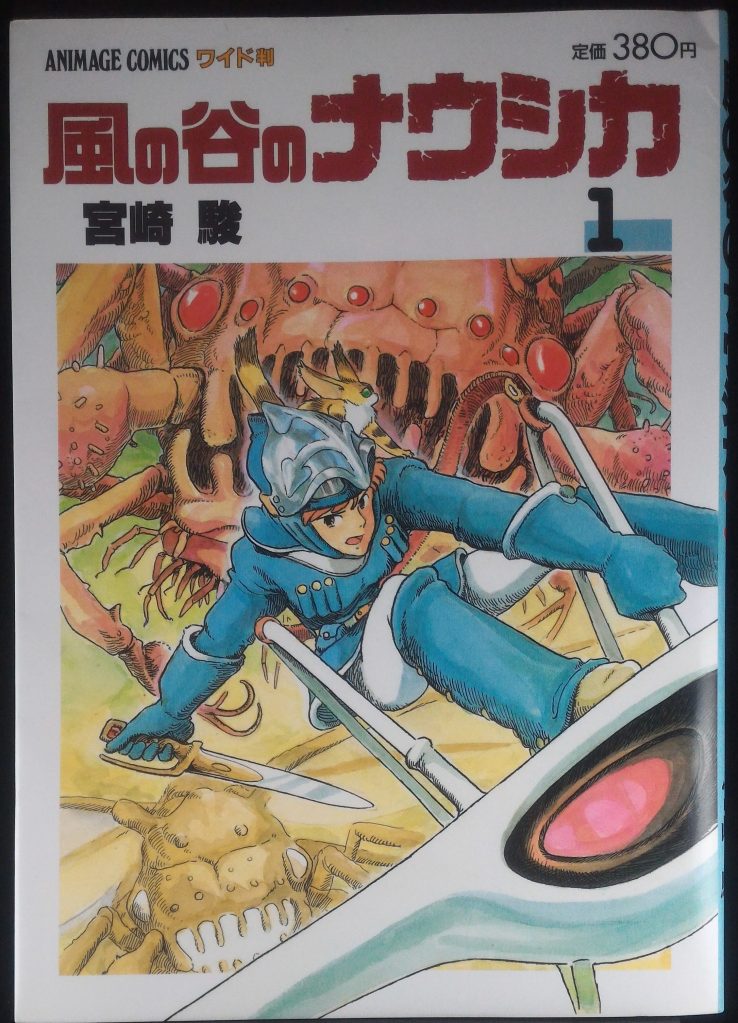
Eco Narratives
“Throughout the 1960s and 1970s, publications such as Rachel Carson’s Silent Spring and a wave of high profile environmental disasters in the United States and Japan raised awareness of the fragile nature of the planet and helped spark cohesive green movements.”
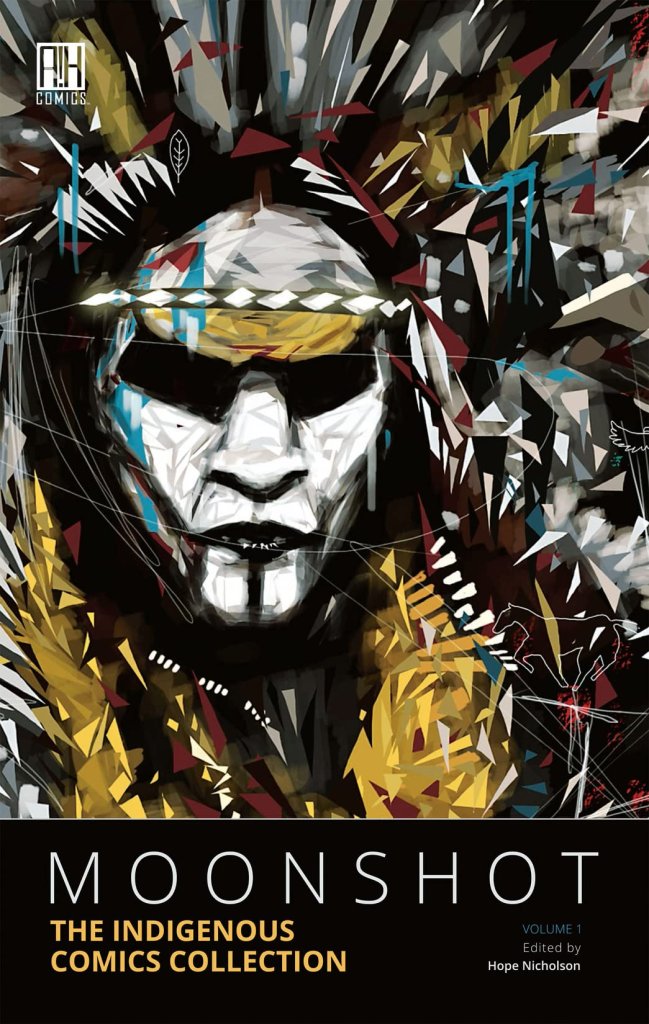
Indigenous / Native American Depictions
“Depictions of Indigenous/Native Americans in comics highlight the long and troubled history of displacement, erasure, and oppression in North America.”
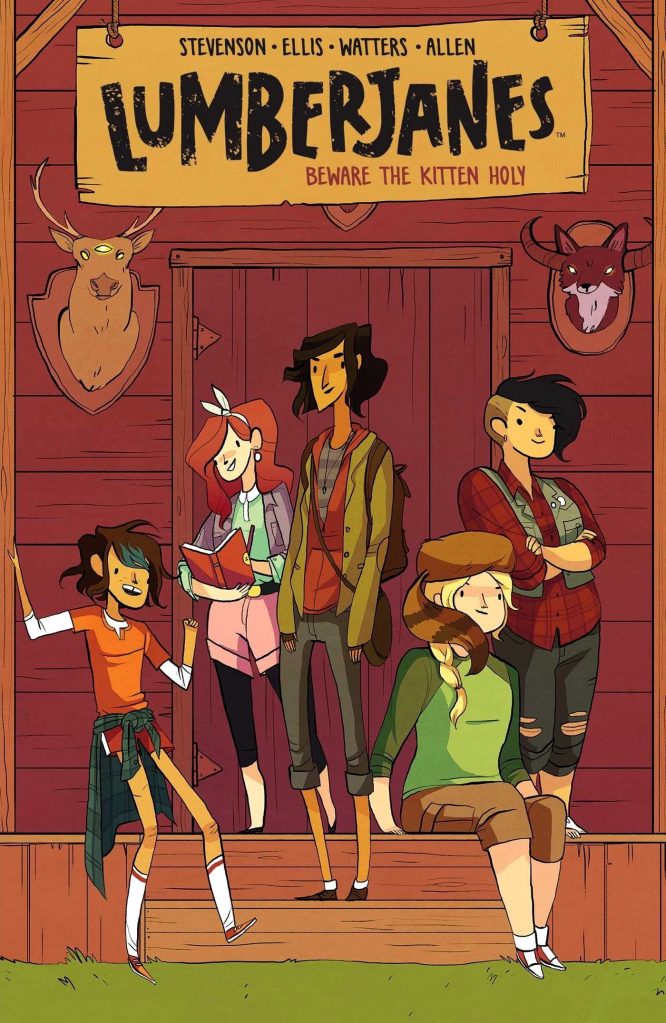
LGBTQA
“Often referenced as queer comics in the media, the history of gay representation in comics has changed dramatically.”

Trauma, Addiction & Recovery
“Creators have used comics to discuss the very personal nature of trauma and addiction as a means for education and recovery, working through the nature of trauma in the panels of their books.”
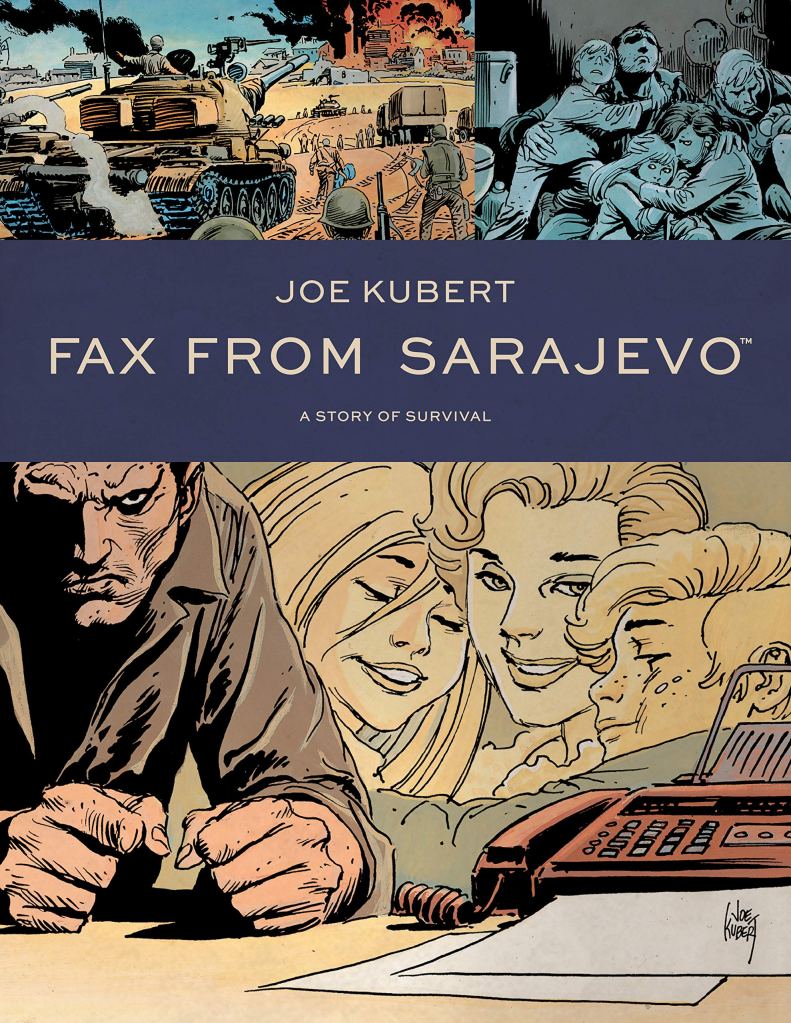
Anti-War
“Often notably intertwined with concepts of trauma and recovery, anti-war comics approached conflicts from the viewpoint of those caught up in forces beyond their control. The comics presented here are based around the themes of anti-war sentiment and the brutality of modern conflict…”
Curious to Know What Other Comics Fit these Categories? Want to share recommendations of your own?
Be sure to check out what’s available in MSU Special Collections, or comment your Social Justice comic recs!
